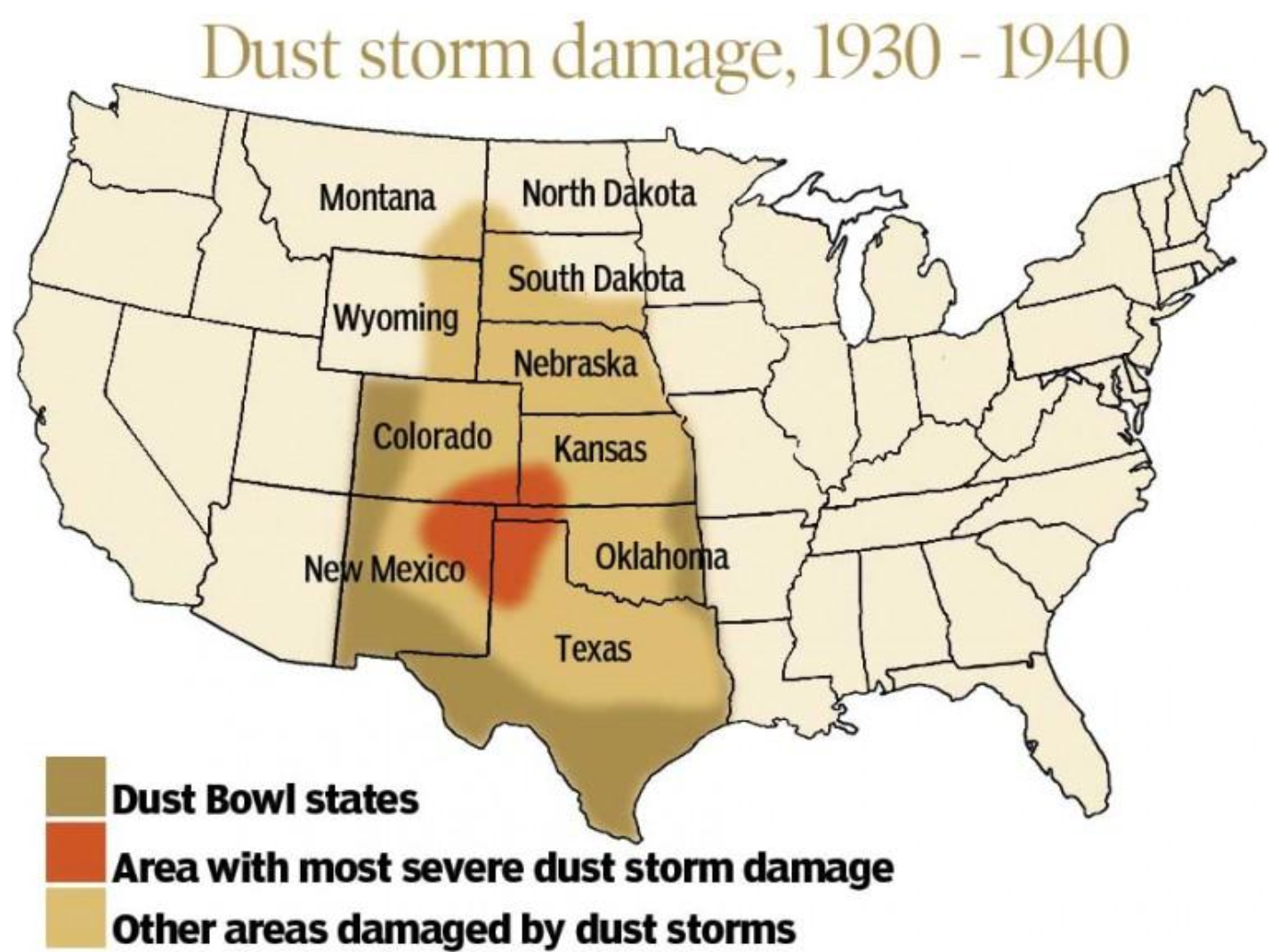Please find and try to define at least two keywords in the entry for "cultural geography" by Mark Paterson. You can complement these with notions you find in the extracts of Topophilia by Yi-Fu Tuan.Try not to repeat yourselves. The image below is helpful but does not exhaust all the keywords you may find.
Subscribe to:
Post Comments (Atom)
HW for May 19 - Telling Stories about Ecology (anthology, pp. 251-258)
In the article "Telling Stories about Ecology", William Cronon commnents on the history of "the Plains' States" (in...

-
Annotated bibliography - where you reference and explain briefly two sources that you plan to use - ONE at least has to be a scholarly arti...
-
Answer to either or both: 1. Compare/contrast the two excertps, in light of the concepts of "border", "im/migration" and...
-
1. "The individual of African descent is not seen. The Black Race is seen in the individual. All Black women are seen in the woman. Al...

.jpeg)
2 keywords to understand the history of cultural geography
ReplyDeletespatial science: in the 1970s interupted the cultural geography. Spatial science includes the statistical modeling of patterns of urban settlement and development harked back to the earlier era of causal explanation, and revisited the notion that the foundations of human geography shared a scientific justification alongside physical geography
cultural turn: 2nd wave in cultural geography: the opposition of statistical modeling and reductive causal explanation, instead looking to human experience as a justification for thinking about human relationships with space and place. It's a more catholic approach to geography including gender and political activism for example.
Environmental determinism - belief that the geography of a certain group's environment dictates their activities; the first wave of cultural geography pioneered by the Berkeley school rose against this notion, with Carl Sauer initiating criticism against it, by highlighting the importance of each environment's cultural history and the lived experience; prior to this first wave, the study of geography in general was reigned by this belief.
ReplyDeleteLandscape - where the natural environment and human culture meet; in other words, a system of human-made spaces in land, such as a piece of farmland becoming an administrative region.
Landscape: "[A] Landscape is a cultural image, a pictorial way of representing, structuring or symbolizing surroundings."
ReplyDeleteHybridity: "Of course, in an era of late modernity shaped around spatially uneven processes, cultural boundaries that were previously fixed in space and stable over time are transgressed, and this is to recognize an increasing cultural hybridity."
Cultural hybridity refers to the blending and merging of different cultural traditions, practices, and identities, often as a result of globalization.